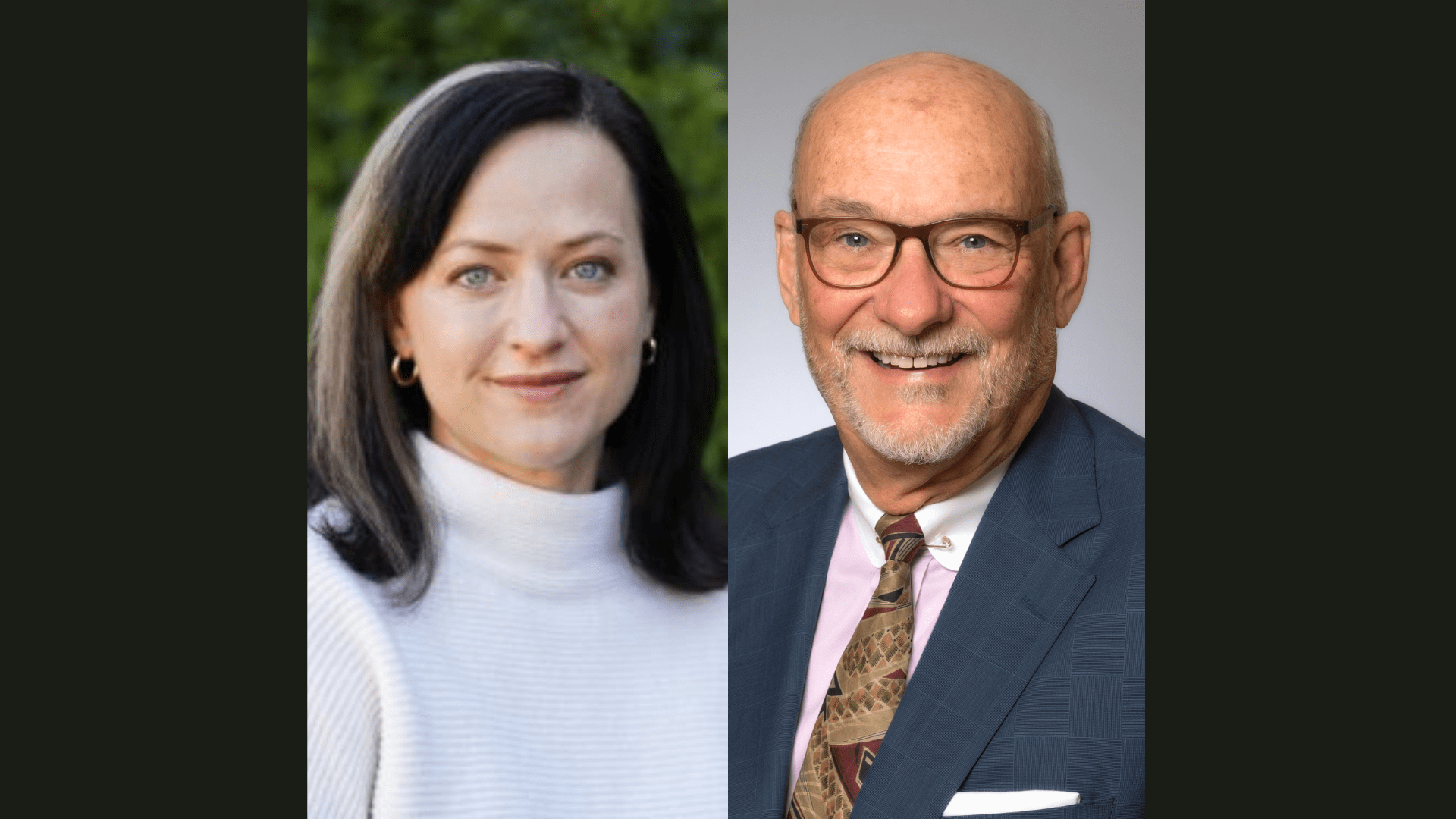Emily Murphy
Professor of Law and Harry & Lillian Hastings Research Chair
- Office: 333-318
- Email: murphyemily@uclawsf.edu
- Phone: (415) 565-4648
Bio
Professor Murphy’s research focuses on the intersection of neuroscience, behavioral science, and law. She writes about the use of neuroscience as evidence and how neuroscience and behavioral science shape public policy and legal systems. Her work has been published or is forthcoming in Stanford Law Review, The Journal of Law & the Biosciences, Connecticut Law Review, William & Mary Law Review, Law & Psychology Review, Psychology Public Policy & Law, and Science.
Professor Murphy earned her A.B. magna cum laude in Psychology from Harvard University, her Ph.D. in Behavioral Neuroscience and Psychopharmacology from University of Cambridge, Trinity College, as a Gates Cambridge Scholar, and her J.D. from Stanford Law School. Prior to law school she was a postdoc with the Program in Neuroethics at the Stanford Center for Biomecial Ethics, Stanford Law School’s Center for Law and the Biosciences as well as the MacArthur Foundation’s Law and Neuroscience Project. Following law school, she clerked for the Honorable Richard A. Paez of the U.S. Court of Appeals for the Ninth Circuit. Prior to joining UC Law SF, Professor Murphy spent a year as a fellow in the Program in Understanding Law, Science, and Evidence at UCLA Law School. Before that, she practiced law at Munger, Tolles & Olson LLP, handling all aspects of complex commercial litigation, with an emphasis on professional liability and internal investigations. Her pro bono practice focused on housing issues and civil rights work addressing homelessness and incarcerated persons with disabilities.
Education
-
Stanford Law School
J.D. 2012 -
University of Cambridge, Trinity College
Ph.D., Behavioral Neuroscience / Psychopharmacology 2007 -
Harvard University
A.B., Psychology / Mind, Brain, Behavior 2003
Selected Scholarship
-
Brains Without Money: Poverty as Disabling
54 Conn. L. Rev. 699 2022 -
Collective Cognitive Capital
63 Wm. & Mary L. Rev. 1347 2022 -
Evidence of Memory from Brain Data
with Jesse Rissman, Journal of Law and the Biosciences 2020 -
Paved with Good Intentions: Sentencing Alternatives from Neuroscience and the Policy of Problem-Solving Courts
Law and Psychology Review 2013 -
Neuroimages as Evidence in a Mens Rea Defense: No Impact
Psychology, Public Policy, and Law 2011 -
Impulsive Behaviour Induced by Both NMDA Receptor Antagonism and GABAA Receptor Activation in Rat Ventromedial Prefrontal Cortex.
Psychopharmacology 2011 -
Through a Scanner Darkly: Functional Neuroimaging as Evidence of a Criminal Defendant's Past Mental States
Stanford Law Review 2010 -
Brain Images as Legal Evidence
Episteme 2009 -
Behavioural Characterisation of High Impulsivity on the 5-choice Serial Reaction Time Task: Specific Deficits in 'Waiting' Versus 'Stopping'
Behavioural Brain Research 2009 -
Neuroethics of Neuromarketing
Journal of Consumer Behavior 2008 -
Contrasting Effects of Selective Lesions of Nucleus Accumbens Core or Shell on Inhibitory Control and Amphetamine-induced Impulsive Behaviour
European Journal of Neuroscience 2008 -
Neuroimaging and Disorders of Consciousness: Envisioning an Ethical Research Agenda
The American Journal of Bioethics 2008 -
Nucleus Accumbens D2/3 Receptors Predict Trait Impulsivity and Cocaine Reinforcement
Science 2007



